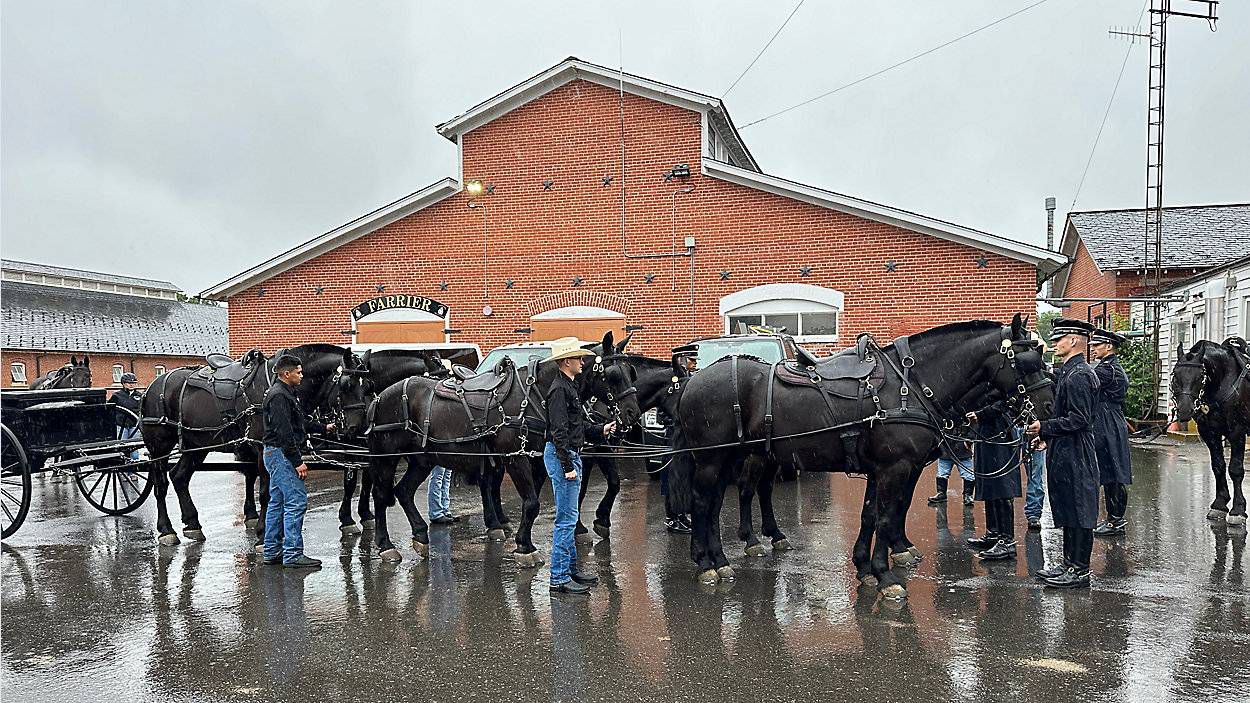RALEIGH, N.C. – A domestic abuse survivor said even in a relationship, it's critical to be able to remain your own individual.
- Experts say nearly half of all women and men experience psychological aggression from an intimate partner in their lifetime
- Healthy relationships are built on respectful communication and mutual acceptance
- Resources exist in every N.C. county for those in abusive relationships
Ashley Womble narrowly survived when her then-boyfriend strangled her in early 2012. The relationship had already turned toxic. By the time of the attack, she had already tried to leave more than once but stayed out of fear.
Brianna Clarke-Schwelm, director of training, engagement, and prevention for InterAct of Wake County, said fear is one of the biggest barriers people face when they try to get out of a toxic relationship. Financial dependency on one's partner is another barrier, as is the presence of children, if any.
Clarke-Schwelm said the biggest underlying difference between a toxic relationship and a healthy one is healthy relationships are built on respectful communication and mutual self-affirmation rather than power and control. Healthy relationships can still have conflict, but when that happens, she said the participants have equal footing.
Womble is now in a healthy relationship. Given her past experiences, she said a good relationship needs to have plenty of give and take and should involve respect as well as attraction.
“Are they willing to accept everything that comes with you?” she said. “Because picking up new relationships after being in a domestic violence relationship is not an easy task.”
According to the North Carolina Coalition Against Domestic Violence, all 100 counties in North Carolina have an agency dedicated to serving survivors of domestic abuse. If you or a loved one needs help, you can call one of these agencies directly. You can also call the National Domestic Violence Hotline at 1(800) 799-7233. The hotline's website also has an online chat feature.






)


